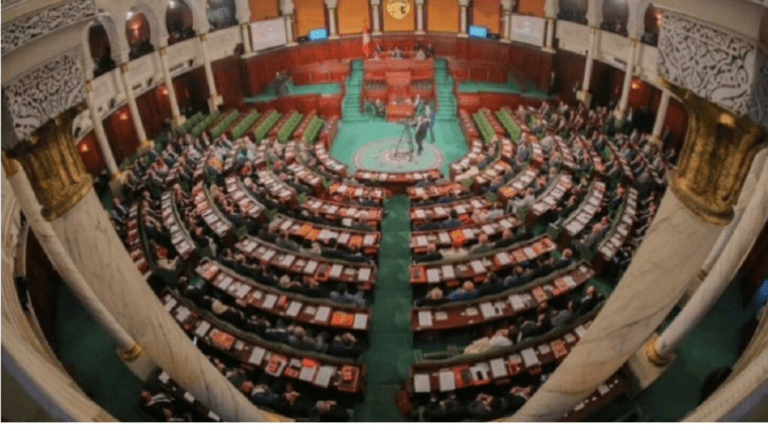This revelation has sparked concerns about the Tunisian government’s commitment to democratic principles and the rule of law.
The Constitutional Court, a cornerstone of Tunisia’s democratic transition, was established under the 2022 constitutional referendum. However, the lack of funding raises questions about the government’s sincerity in implementing the reforms. Critics argue that this move undermines the separation of powers and concentrates power in the hands of President Kais Saied.
The absence of a functioning Constitutional Court has far-reaching implications for Tunisia’s democratic trajectory. It weakens checks and balances, hinders the protection of constitutional rights, and raises concerns about the government’s respect for the rule of law.
As Tunisia grapples with economic challenges and social unrest, the government’s failure to prioritize the establishment of the Constitutional Court further erodes public trust and raises doubts about the country’s democratic future.
MK/Sf/ac/fss/abj/APA


